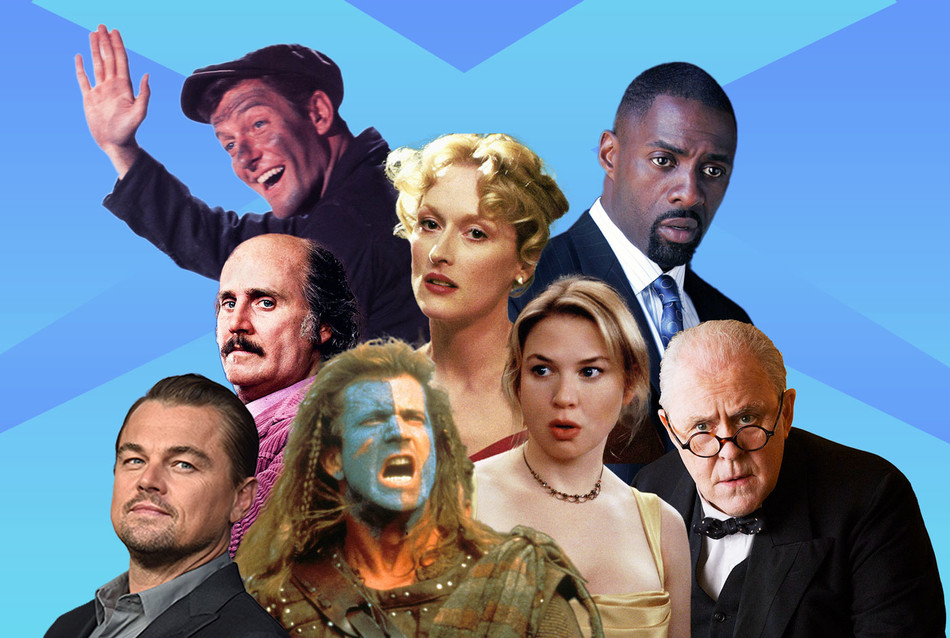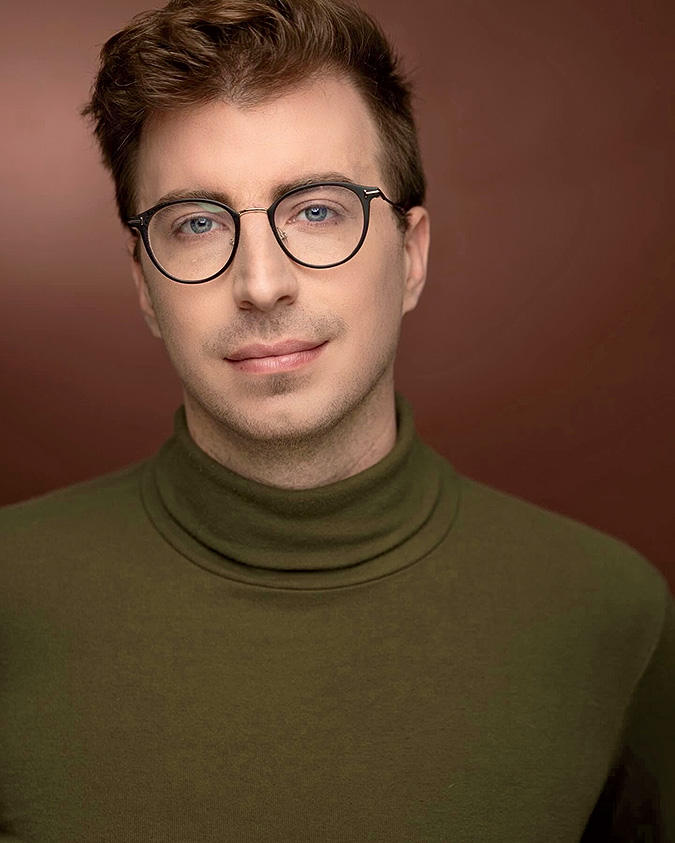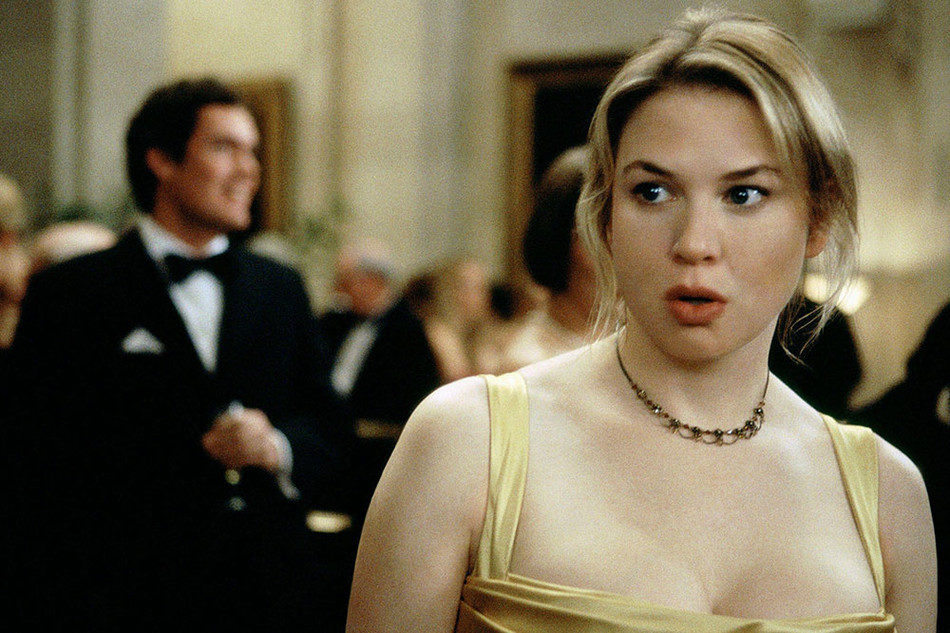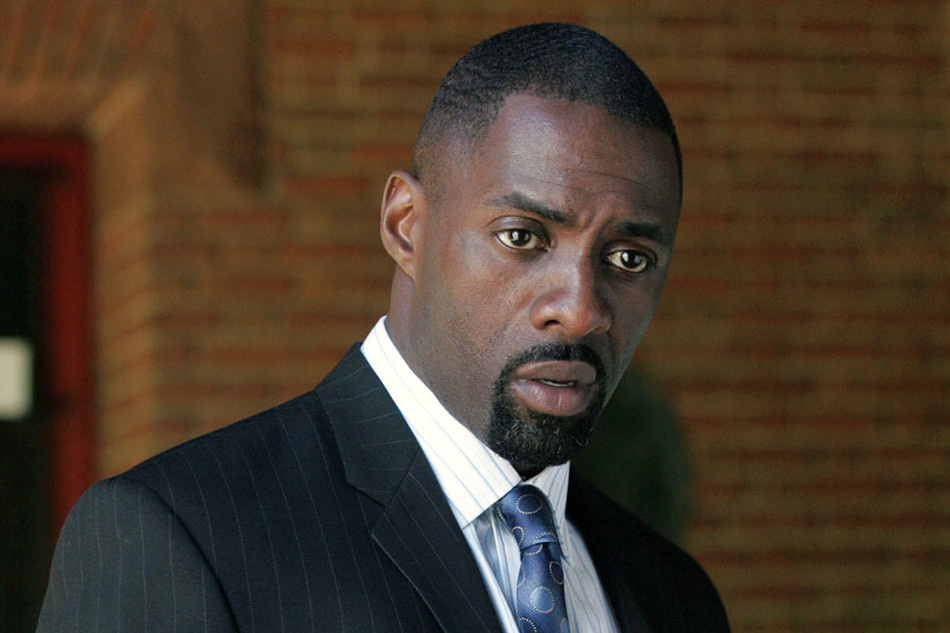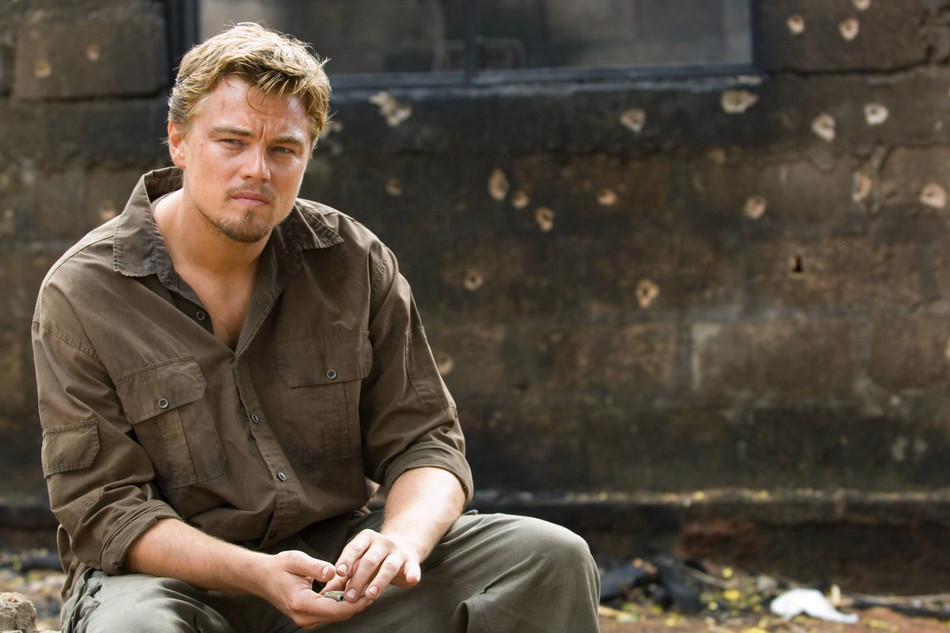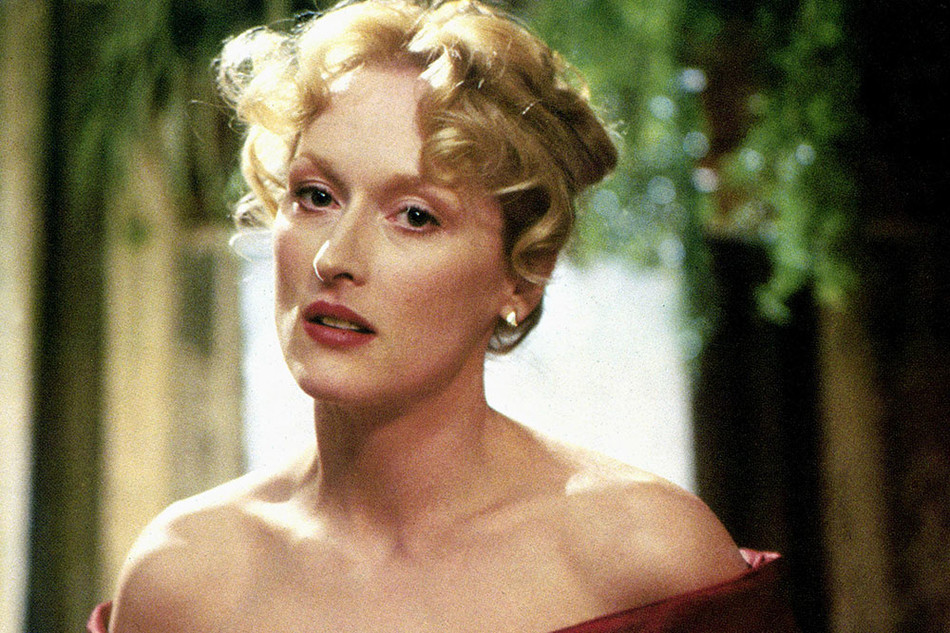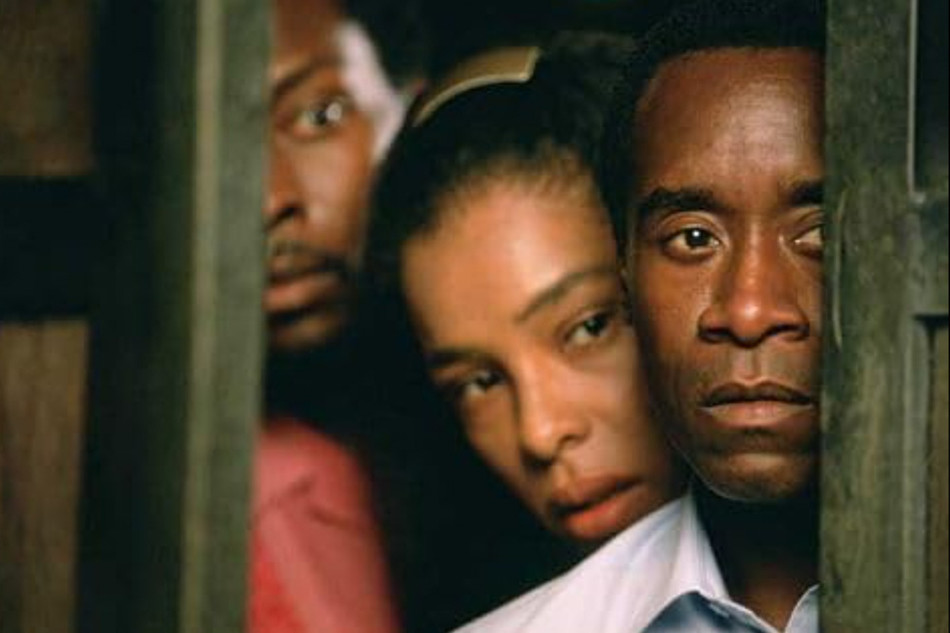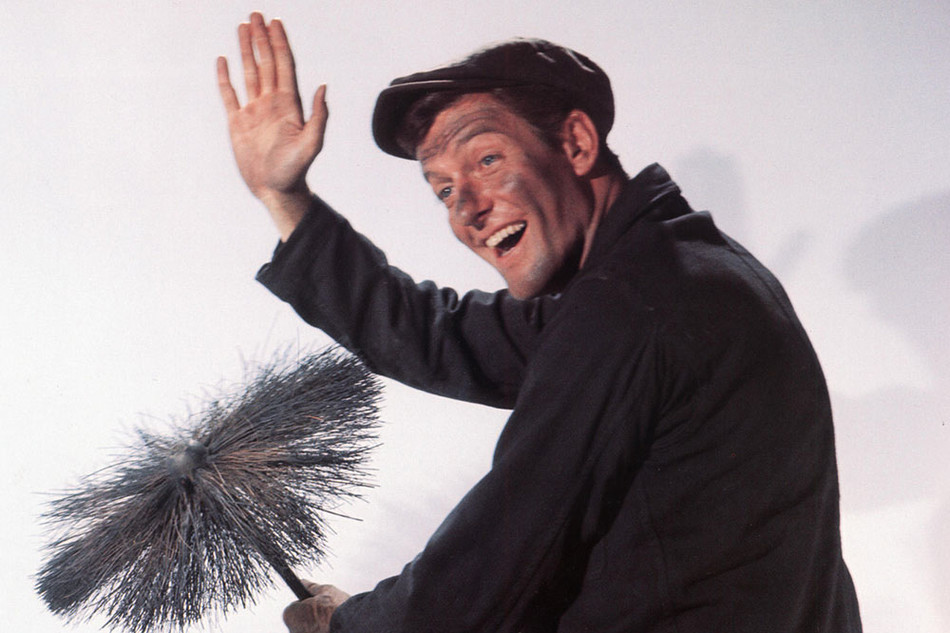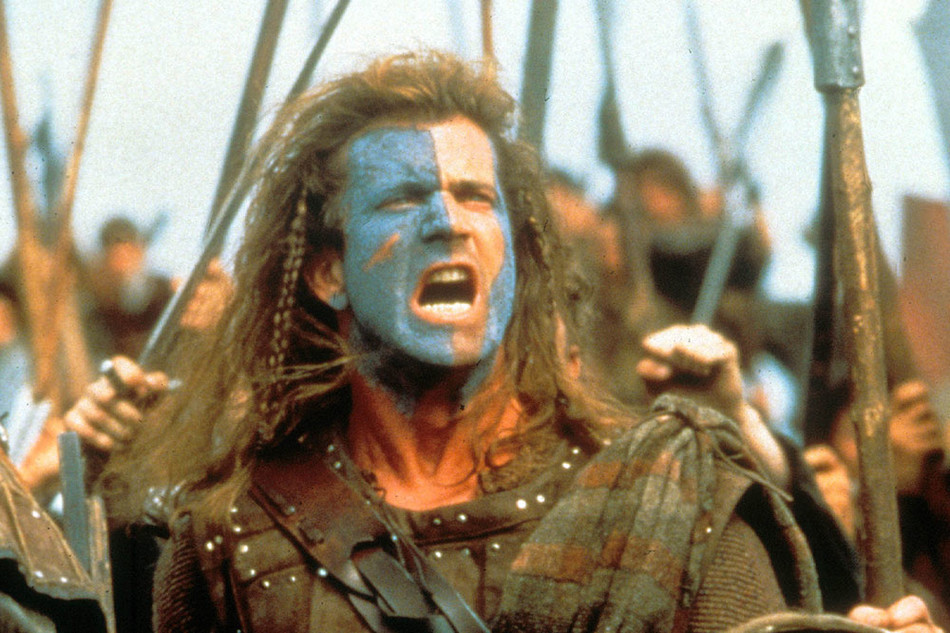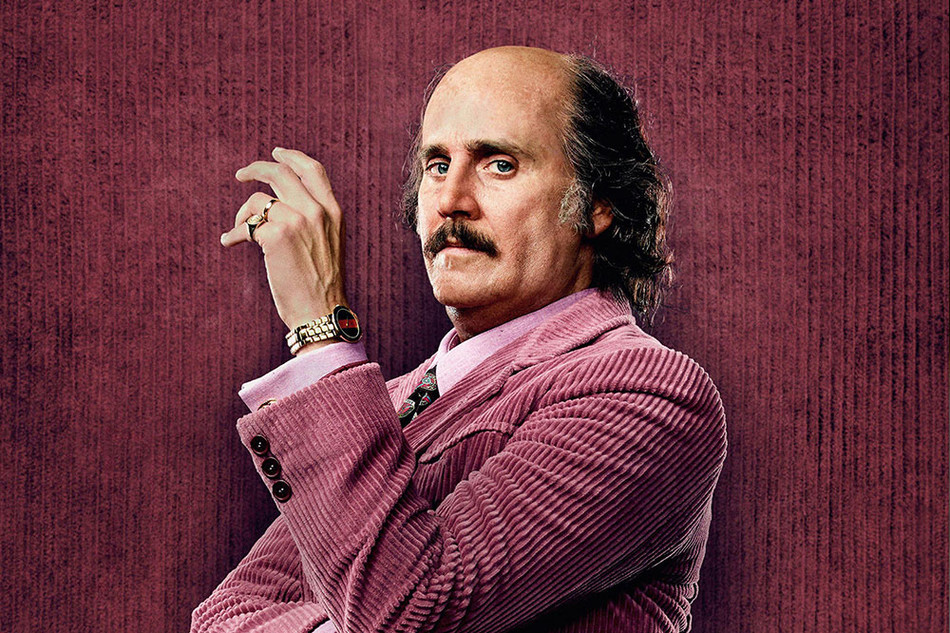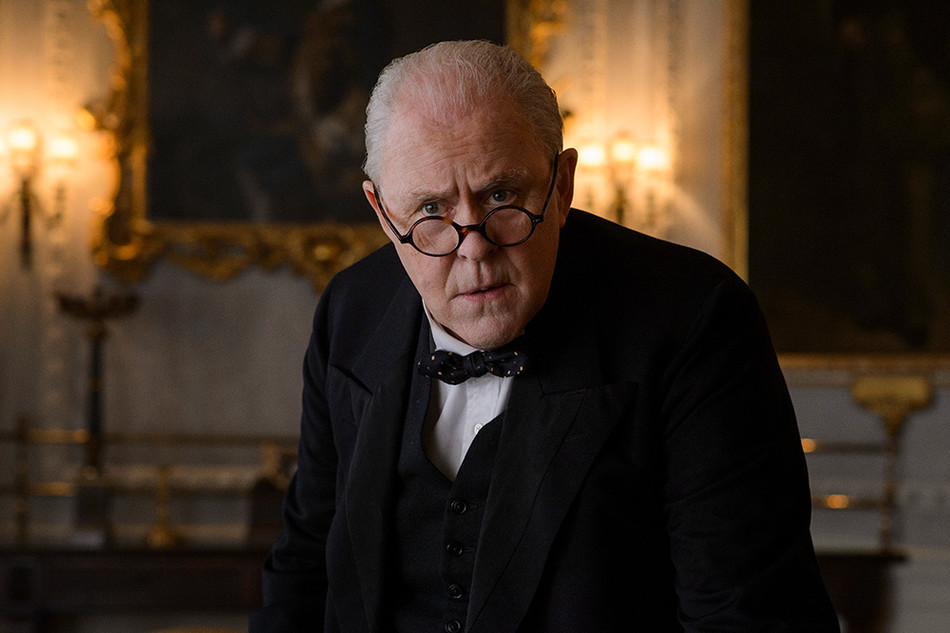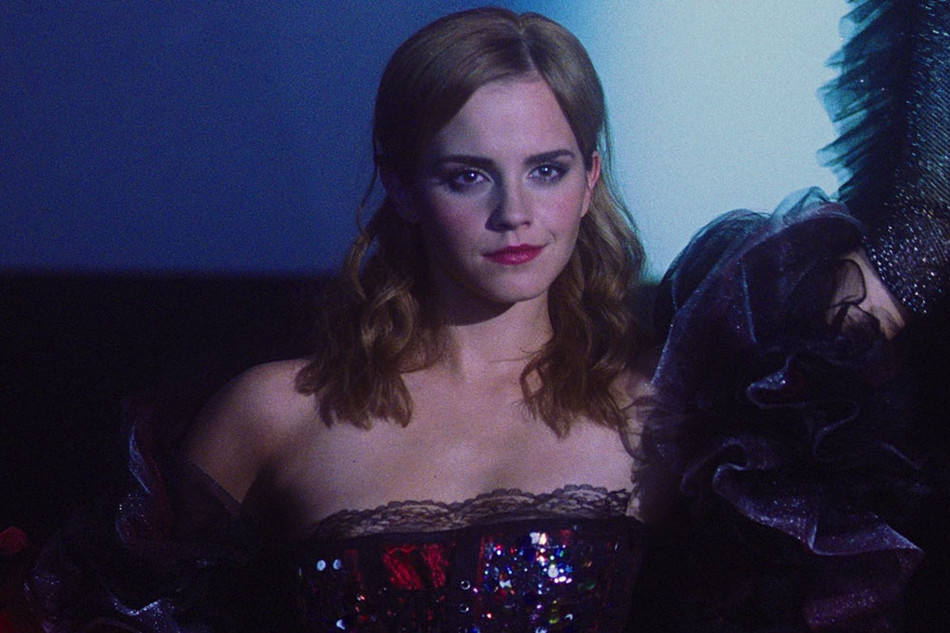Michael Walsh ’17SOA, a dialect coach with degrees in acting and linguistics, teaches actors and other professionals how to master new ways of speaking.
What exactly do you do?
I mainly work with actors across film, TV, theater, and commercials. First we identify a goal: Do they need a particular accent or dialect for a role? Do they need to sound like a specific person? Or are they trying to build the skills to have an accent in their back pocket for auditions? Then I work with them on how to isolate specific vowel and consonant sounds.
In addition to actors, I’ve worked with lawyers, authors, and people who are afraid of public speaking. I occasionally get clients from other countries who are looking for “accent reduction,” which I think is a ridiculous term because I’m just teaching them a different accent — an American one.
How did you get into this profession?
Completely by accident. While I was at Columbia pursuing an acting degree, there was a class taught by dialect coach Susan Cameron, who I now consider my mentor. We were studying the International Phonetic Alphabet, and I started looking up different accents and writing out the sounds for fun. Over time, I started getting jobs as a dialect coach for various productions.
What’s the difference between an accent and a dialect?
An accent is a group of vowel, consonant, and intonation differences, whereas a dialect also has differences in vocabulary and grammatical structure. Transatlantic, the British-American hybrid used by old Hollywood stars, is an example of an accent. New England American English is considered a dialect, but within that dialect are different accents for Boston, Maine, etc.
One of the things I love about accents and dialects is how they’re influenced by everything you can think of — culture, immigration, time, even weather. For example, if you grew up in a blindingly sunny part of the world, the way you speak might be influenced by how often you use the muscles of your face to squint.
What is your particular area of expertise?
I’m most familiar with RP (“received pronunciation”) British, which characterizes high-class English accents, as well as German. RP British is one of the most commonly used accents in theater — virtually every local theater company does A Christmas Carol. When people come to me, I teach them how to find those little sounds that signal an RP accent. Two common ones are the o sound, as in “nose,” and aw, as in “claw.”
Which dialects or accents do people find most difficult to learn?
I think people really under-estimate cockney English. Dick Van Dyke’s accent in Mary Poppins is one of the most infamous examples from film or TV. It was so bad that Van Dyke has actually apologized for it. But his performance is what’s in a lot of Americans’ ears when they think of cockney. When I start teaching people the dialect, they sometimes do this thing where they’re like, “Aw right, innit, mate?” and it sounds like they took a giant bite of an apple and kept it in the center of their mouth. I think Appalachian is also very difficult and very underestimated. Cajun is the hardest dialect I have ever tried to make sense of, break down, and teach somebody else.
British and Australian actors are often better at American accents than the other way around. Why is that?
I think it’s because their early training centers more on American accents, which are required for many Hollywood jobs. Brits and Australians are also more inundated with American pop culture than we are with their media. Over the years, American media has even influenced accents and dialects in other languages. Germans speaking English in the 1930s sounded different from Germans speaking English now, because then the accent was more influenced by the UK. Nowadays, it’s more influenced by the US. And the reason for that is film and TV.
Walsh Weighs In: Accent All-Stars 👍
Renée Zellweger in Bridget Jones’s Diary (Estuary English)
Idris Elba in The Wire (Baltimore American)
Leonardo DiCaprio in Blood Diamond (South African) and Django Unchained (Traditional American Southern)
Meryl Streep in Sophie's Choice (Polish)
Don Cheadle in Hotel Rwanda (Rwandan)
Accent Atrocities 👎
Dick Van Dyke in Mary Poppins (Cockney English)
Mel Gibson in Braveheart (Scottish)
Jared Leto in House of Gucci (Milan Italian)
John Lithgow in The Crown (RP British)
Emma Watson in The Perks of Being a Wallflower (American)
This article appears in the Fall 2024 print edition of Columbia Magazine with the title "The Art of the Accent."
